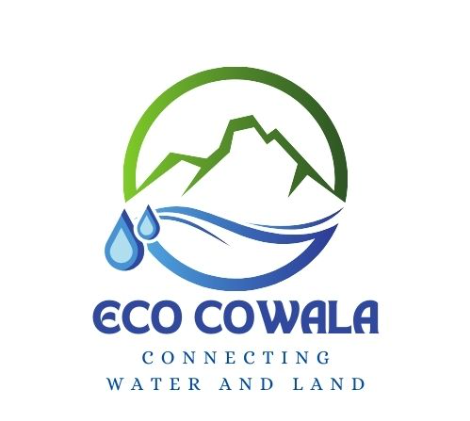 The morning activities included a final meeting on Transformative Education, with a constructive discussion on the methods of action and carrying out the project in the coming months.
The morning activities included a final meeting on Transformative Education, with a constructive discussion on the methods of action and carrying out the project in the coming months.
In order to understand transformative education, it is necessary to start with a brief critique of traditional methods of education, which often take the form of providing concepts and notions, without requiring re-elaboration but often only memorisation, making it difficult to adapt and plasticise such knowledge to different contexts and challenges.
For this reason, a new educational model is beginning to be necessary to be ready and fully capable of facing the economic and sustainability challenges that will materialise in the years to come. This must break away from the static view of the old methods, which are no longer suitable and competitive for the new times and contexts as they are considering acting subjects mainly in their self-relation and too less in their world-relation which has an direct impact on the development of social and ecological responsibilities.
This entails the need to interface with the stranger and the unfamiliar, be they people, situations or problems that come from a different sphere and background. The ability to adapt depends on the ability to overcome the cultural distance between the two parties involved, in order to be able to develop a solution that includes both parties and does not see the prevalence of one or the other.
In this context, the concept of Transformative Education, described in various articles (referring to the Transforming Education Summit of the UN and Hans Christoph Koller), as a tool for adapting to new challenges that can be of two types: Productive (starting from 0 creating something new that develops between the subject and the new/foreign situation of various threads and crises) or Reproductive (taking up already existing concepts or solutions), which in any case are not limited to solving problems in a single area but are transversal to different disciplines and areas.
The direction to be taken should be that of an informal education that allows the young person to be accompanied during this process so as to teach them to react and adapt to change, accepting it and not trying to control it, thus becoming a function of it.
The objective is to develop the capacity to adapt and relate to social, cultural and economic movements, integrating all the elements and changing them from within, not being able to directly confront, ignore or eliminate them. Another factor to be taken into account is that young people are already aware of the present and existing crises and need to become part of the solution and guided in this, not merely entrusted and given responsibility. The meeting ended with a discussion on how to set up future activities on this topic and what the next steps should be, so as to better coordinate the activities of each member of the three associations involved.
Adamo Irma
Member of Natufriends Italy
- VGAG


